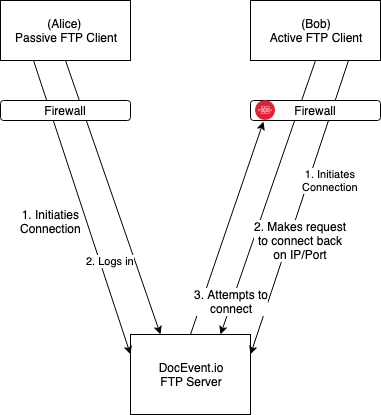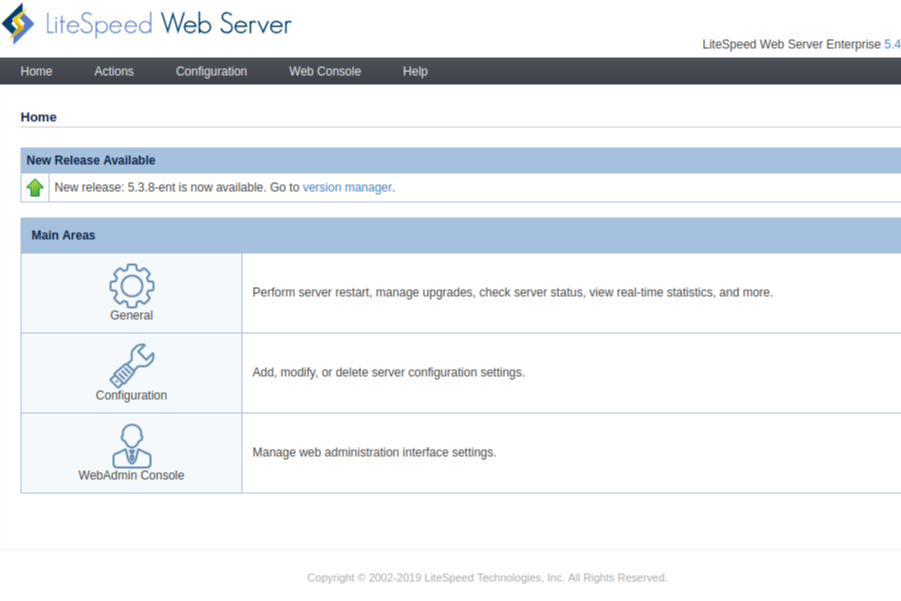
Web servers host websites and web applications on the Internet. There are many different types of server available. Choosing the right one for your needs will depend on factors such as deployment, use case and operating system. You have a number of options to choose from.
Local Servers
If you own a smaller business or require a server to host your small website, a local webserver may be the best choice. These servers are dedicated to their specific purpose, and they offer a secure and convenient method of hosting websites.
Open Source Web Servers
There are many open-source web servers available, each of which has their own advantages and drawbacks. There are a few that stand out from the rest. Apache, Nginx Lighttpd and Caddy are some of the most popular.

Apache is used by more than 50% of all websites. It is free to install and download, open source and modular, making it easy to add new functions and modify the site's configuration.
Nginx
Nginx, a high-performance lightweight web server is reliable and fast. It is used to serve both static and dynamic web content by many companies. It also supports a number of protocols, SSL/TLS, basic HTTP authentication, virtual hosting, and URL rewriting.
Lighttpd
Lighttpd aims at delivering low resource use, high speed, and a compact footprint. This allows it to run on systems without enough memory or storage space, and still consume less CPU power.
LiteSpeed
LiteSpeed can be a good alternative web server. This was designed to work in environments with limited memory such as home computers and embedded systems. This server has been developed to meet the challenges other mainstream web servers have due to their resource needs. It is the fastest option in terms on resource usage if you're looking for a compact webserver that can handle a high volume of traffic without consuming excessive resources.

Cherokee
This web server was built as a personal itch of an individual developer, and although it lacks some of the cutting-edge features of Nginx or Lighttpd, it is still a good option for those looking to host their web sites in a simple and easy to manage environment. It has a user-friendly interface, making it easy to use even by casual users.
Caddy
Unlike most web servers, Caddy doesn't require any additional software or scripts to get it working. This is a huge advantage for those unfamiliar with the obtuse Apache and Nginx configurations.
This server shares the same underlying architecture as Nginx. The only difference is that it uses asynchronous handling of requests, and operates in a single thread. It's not as scalable as Nginx or Lighttpd, but it does manage to keep up with a few hundred requests per second.
FAQ
Are you a technical person who wants to design and build a site?
No. You just need to be familiar with HTML and CSS. Online tutorials can be found that cover both HTML and CSS.
Should I use WordPress or a website builder?
The best way to build an effective web presence is to start small. If you have all the resources and time, then build a website. You might start with a simple blog if you don’t have the time or resources. As you learn to develop and design websites, you can always add new features.
Before you start building your website, it is important to establish a primary domain. This will give you something to point to when you publish content.
What is a static web site?
A static site can be hosted anywhere. This includes Amazon S3, Google Cloud Storage. Windows Azure Blob storage. Rackspace Cloudfiles. Dreamhost. Media Temple. You can also deploy static sites to any platform that uses PHP, such WordPress, Drupal Joomla! Magento PrestaShop.
Static websites are typically easier to maintain, as they don’t have to constantly send requests between servers. A static web page loads faster as there is no need to forward requests back and forth among servers. These are just a few reasons why static web pages can be a better option for small companies who don't have the resources or time to maintain a website.
Can I use a template or framework on my website?
Yes! Yes! Many people use pre-built frameworks or templates when creating websites. These templates contain all the code needed to display information on your page.
These are some of the most requested templates:
WordPress - The most popular CMS
Joomla - another popular open source CMS
Drupal – An enterprise-level solution used by large organizations
Expression Engine - Yahoo's proprietary CMS
Each platform has hundreds of templates, so it should not be hard to find the one that you like.
Statistics
- Is your web design optimized for mobile? Over 50% of internet users browse websites using a mobile device. (wix.com)
- It's estimated that chatbots could reduce this by 30%. Gone are the days when chatbots were mere gimmicks – now, they're becoming ever more essential to customer-facing services. (websitebuilderexpert.com)
- It's estimated that in 2022, over 2.14 billion people will purchase goods and services online. (wix.com)
- The average website user will read about 20% of the text on any given page, so it's crucial to entice them with an appropriate vibe. (websitebuilderexpert.com)
- When choosing your website color scheme, a general rule is to limit yourself to three shades: one primary color (60% of the mix), one secondary color (30%), and one accent color (10%). (wix.com)
External Links
How To
Drupal 7: How to Use It for Web Design
Drupal is one the most widely used Content Management Systems (CMSs) today. It was created in 2003 by DriesBuijtaert from Belgium. Its name is derived from Dirk Buijtewaard's first and last names, Pierre d'Herbemont. Drupal was made open-source in 2005. Since then, many versions have been released. Drupal is widely used today by companies and websites around the globe.
There are several reasons why Drupal is so popular among website owners. It's easy to use and free to download. It is simple to customize and expand. It is also very well documented. Fourth, it provides great support through forums and IRC channels. It can be extended via modules. Sixth it supports multiple languages. Seventh, it is easily customizable. It can be scaled. It is safe. Tenth, it's reliable. Finally, it is supported by the community. Drupal is an excellent choice for your next development project.
You may be wondering what makes Drupal different than other CMS systems. It is very simple. Drupal is an open-source content manager system. Drupal is free to download and use. Drupal gives you total control over your website. You have complete control over your website. You can add or delete pages.
Drupal is a great option for anyone who doesn't have any technical skills and wants to create a website. Unlike other CMS, you don't need to know anything about programming to start building your website. To use Drupal, you only need to understand the basics. This will allow you to customize your website as per your requirements.
Drupal also offers many pre-built themes as well as plugins. These plugins will allow you to increase the functionality of your website. For example, you can use the Contact Form module to collect contact information from visitors. Google Maps also allows you to display Google Maps on your website. Drupal comes with thousands of pre-made templates. These templates give your site a professional look.
Drupal's flexibility is another advantage. You can add new modules and even replace existing ones without worrying about compatibility issues. If you are looking to integrate social networks into your website, this is possible quickly. You can also set RSS feeds up, subscribe to e-mails, and many other things.
Drupal can also be customized. Drupal can be customized with custom fields and forms. You can also manage users. Drupal allows you to create complex layouts.
Drupal is reliable and robust. It is reliable, stable, and can be scaled. Also, it offers excellent security features. So if you're looking for a good web development platform, then Drupal is worth considering.